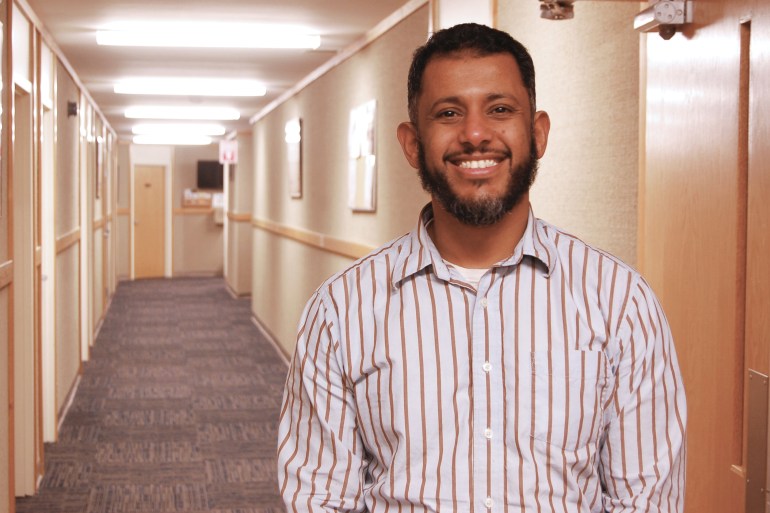Burlington, Vermont – If it can happen here, it can happen anywhere.
That is a feeling shared by many residents in Burlington, Vermont, a small city in the northeastern United States where three Palestinian college students were shot late last year while walking down a residential street.
Hisham Awartani, Kinnan Abdalhamid and Tahseen Ahmad had been speaking a mixture of Arabic and English when they were attacked on November 25. Two of the students were wearing Palestinian keffiyeh scarves.
All three survived, but Awartani was left paralysed from the chest down.
The shooting has shone a spotlight on how suspected hate crimes in the US have increased in the shadow of Israel’s war on Gaza.
But it also raises questions about how hate crimes are defined and whether a lack of data affects how seriously some incidents are taken.
While many people in Burlington believe the three young men were targeted because of their Palestinian identity, authorities are still investigating and have not filed any hate crime charges yet.
 Fuad Al-Amoody says the shooting has instilled fear in his community [Jillian Kestler-D'Amours/Al Jazeera]
Fuad Al-Amoody says the shooting has instilled fear in his community [Jillian Kestler-D'Amours/Al Jazeera]That has fuelled a sense of confusion, residents told Al Jazeera, as well as lingering frustration that hate-fuelled violence against Palestinians and Arabs, as well as Muslims, is not a priority.
“If the same kids didn’t wear the keffiyeh or didn’t speak Arabic, do you think they would be shot? No,” said Fuad Al-Amoody, the vice president of the Islamic Society of Vermont (ISV).
“How then [are we] saying this is not a hate crime?” Al-Amoody asked Al Jazeera in an interview last month at the ISV’s mosque and community centre in South Burlington. “We should maintain the same standard across the board.”












 English (US) ·
English (US) ·  Turkish (TR) ·
Turkish (TR) ·